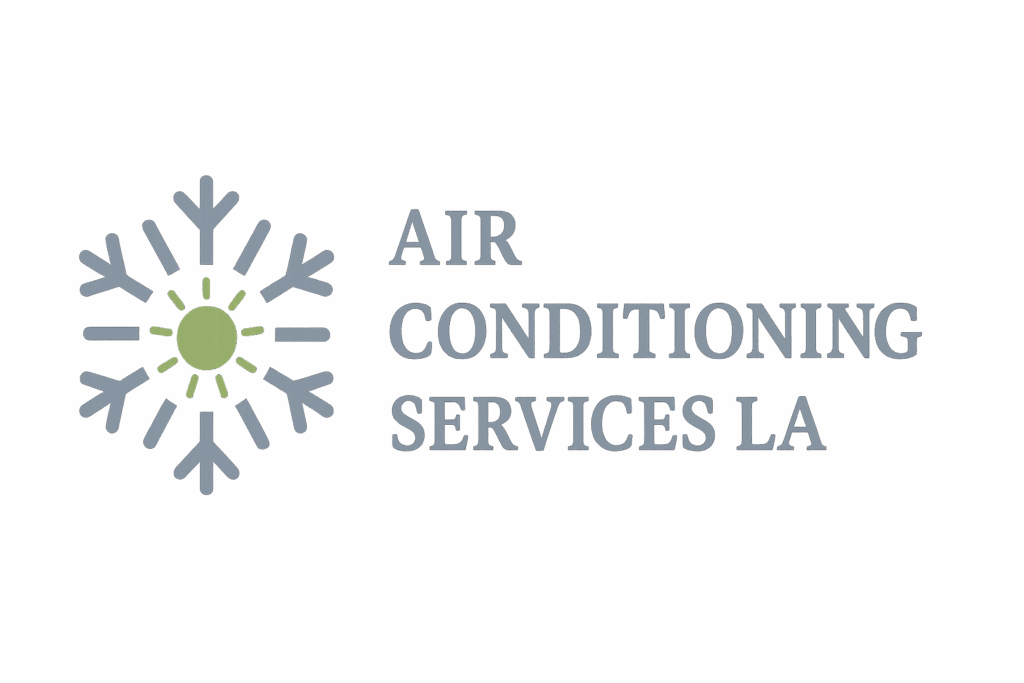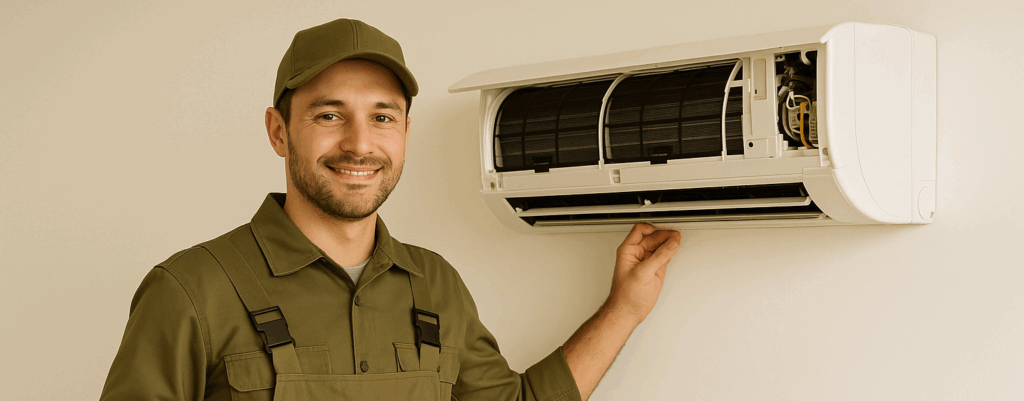Air conditioners are one of the most important systems in your home—especially during hot summer months. They provide comfort, improve indoor air quality, and maintain a pleasant atmosphere for your family or workplace. However, just like any appliance, your air conditioner needs regular attention to stay in top shape. With proper care and maintenance, you can extend the lifespan of your AC unit, reduce energy costs, and avoid expensive repairs. Below are essential tips on how to make your air conditioner last longer.
Schedule Regular Maintenance
One of the most effective ways to ensure your air conditioner lasts longer is through regular professional maintenance. Schedule a tune-up at least twice a year—once before summer and again before winter. During maintenance, technicians will inspect your system, clean the coils, check refrigerant levels, and identify potential issues before they become major problems. Preventive maintenance helps your AC operate more efficiently and minimizes wear and tear on key components.
Clean or Replace Air Filters Regularly
Dirty or clogged air filters restrict airflow, forcing your air conditioner to work harder than necessary. This extra strain can reduce efficiency and shorten its lifespan. Depending on your usage and environment, clean or replace your filters every 1 to 3 months. Homes with pets or people with allergies may require more frequent replacements. Clean filters also help maintain better indoor air quality by trapping dust, pollen, and other pollutants.
Keep the Outdoor Unit Clean
Your outdoor condenser unit plays a critical role in the cooling process. Over time, dirt, leaves, and debris can accumulate around it, blocking airflow and reducing efficiency. To prevent this, clean the area around your outdoor unit regularly. Trim nearby plants or shrubs to allow at least two feet of clearance around the unit. Use a garden hose to gently rinse off dirt from the condenser coils, but make sure the system is turned off before cleaning.
Ensure Proper Airflow Indoors
Good airflow helps your AC work efficiently and reduces strain on its components. Make sure that vents and registers are not blocked by furniture, curtains, or other objects. Keeping doors and windows closed when the AC is running also helps maintain consistent indoor temperatures. Balanced airflow throughout your home prevents uneven cooling and improves the system’s longevity.
Check and Seal Ductwork
Leaky ducts can waste a significant amount of cooled air, forcing your air conditioner to run longer to maintain your desired temperature. Inspect your ductwork for visible cracks, loose joints, or holes. Sealing leaks with aluminum tape or mastic sealant can improve efficiency and help your air conditioner last longer. If you suspect hidden duct leaks, hire a professional HVAC technician to perform a pressure test and repair them properly.
Use a Programmable Thermostat
A programmable or smart thermostat allows you to control your air conditioner’s operation more efficiently. You can set temperatures to adjust automatically when you’re away or asleep, reducing unnecessary runtime. By avoiding overuse, you reduce strain on the compressor and other components—helping your air conditioner last for many years. Even small changes, such as raising the temperature a few degrees when you’re not home, can make a big difference.
Avoid Overworking Your System
Running your air conditioner at full blast all day puts unnecessary stress on it. Instead, maintain a consistent, moderate temperature. For instance, setting your thermostat between 24°C and 26°C (75°F to 78°F) is both energy-efficient and comfortable. You can also use ceiling fans to circulate cool air and make the room feel cooler without lowering the thermostat setting. This small adjustment can greatly extend your AC’s lifespan.
Check Refrigerant Levels
Low refrigerant levels indicate a leak or improper installation. If your air conditioner isn’t cooling properly or you notice hissing sounds, it may be low on refrigerant. Running your system with low refrigerant can cause serious damage to the compressor. Have a professional technician check your refrigerant levels and fix leaks promptly to maintain optimal performance and prevent premature system failure.
Insulate Your Home Properly
Proper insulation reduces the workload on your air conditioner. If your home is poorly insulated, cooled air escapes easily, forcing your AC to run longer. Check windows, doors, and attics for gaps or poor insulation. Sealing leaks and adding insulation can help maintain a stable indoor temperature, improve energy efficiency, and extend the life of your air conditioning system.
Turn Off the AC When Not Needed
While it might be tempting to leave your air conditioner running continuously, giving it a break can extend its lifespan. When the weather is mild, turn off your AC and open the windows for natural ventilation. Even short breaks can help reduce wear and tear, saving energy and keeping your unit in better condition for longer.
Upgrade When Necessary
Even with proper care, all air conditioners have a limited lifespan—usually between 10 to 15 years. If your unit is older, frequently breaking down, or consuming too much energy, it may be time to consider an upgrade. Newer models are more energy-efficient, quieter, and use eco-friendly refrigerants. Investing in a high-efficiency system not only reduces repair costs but also saves you money on utility bills in the long run.
Work with a Reliable HVAC Company
Lastly, the longevity of your air conditioner greatly depends on who installs and services it. Partner with a licensed, experienced HVAC company that provides professional maintenance, repair, and installation services. Expert technicians can detect issues early, recommend energy-saving upgrades, and ensure your AC system performs efficiently year after year.
Making your air conditioner last longer is all about consistency, maintenance, and responsible usage. Clean filters, proper insulation, routine inspections, and timely repairs can significantly extend your system’s life while lowering energy costs. Remember, your air conditioner is an investment in comfort and health—take care of it, and it will take care of you. With these practical tips, you’ll enjoy cool, refreshing air and peace of mind for many years to come.
Do not forget: Schedule regular maintenance with trusted HVAC professionals to keep your air conditioner efficient, reliable, and long-lasting.

